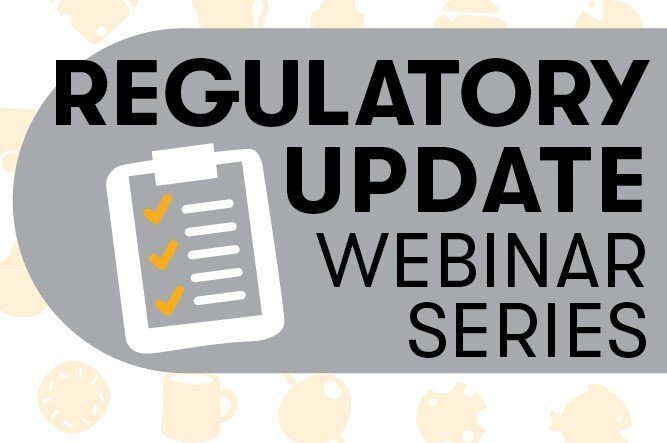In May, the Food and Drug Administration published a Small Entity Compliance Guide for the Food Safety Modernization Act Food Traceability Rule to help small businesses comply with the recordkeeping requirements by the January 20, 2026 deadline.
During a recent SFA Regulatory Update webinar titled, “Small Entity Compliance Guide for the FSMA Food Traceability Rule,” associate general counsel of supply chain at consumer product company Branded, Jeni Lamb Rogers, shared everything specialty food businesses need to know about the resource and provided tools for businesses to understand how they are affected.
“Every time the FDA produces a new rule, within a certain period of time after the rule is finalized, [it has] to produce a Small Entity Compliance Guide so that small businesses that do not have in-house counsel, or a lawyer on retainer, or outside counsel…[have a] way to make the 40 pages of regulation understandable and digestible,” said Rogers. “They are awesome for having a clear, clickable, and searchable Q&A-style summary.”
The compliance guide is useful because it clarifies the Food Traceability plan requirements in addition to providing key terms and notable exemptions to the rule, noted Rogers.
All food and beverages on the Food Traceability List, and those with ingredients or components included on the list, are required to comply with the rule, barring exemptions such as those participating in a “kill step” that eliminates the food safety threat.
The list includes:
• Soft cheeses
• Nut butters
• Certain fin fish
• Certain fresh produce
• Ready-to-eat deli salads
Entities that grow, harvest, receive, transform, or ship a listed food will have to participate in additional recordkeeping processes to both ensure compliance and food safety. The records must include “Key Data Elements” and “Critical Tracking Events,” both of which are outlined in the compliance guide.
“The Small Entity Compliance Guide makes concrete what [KDE’s and CTE’s] are and what you need to do as a small business,” said Rogers.
She also warned to exercise caution, however, when using the Compliance Guide, as these guidance documents are not law. The FDA can modify some of the words or intentions of the original rule to make it understandable, but in doing so, could create room for misinterpretation.
“Use these Small Entity Compliance Guides as a roadmap…and then double check it with your counsel,” she advised.
To learn more about how to comply with the Food Traceability Rule, you can watch the webinar on demand in the SFA Learning Center.
Related: Food Retailers, Suppliers Future-Proof Businesses; DoorDash, UberEats Grubhub Sue NYC Over Earnings Standard

